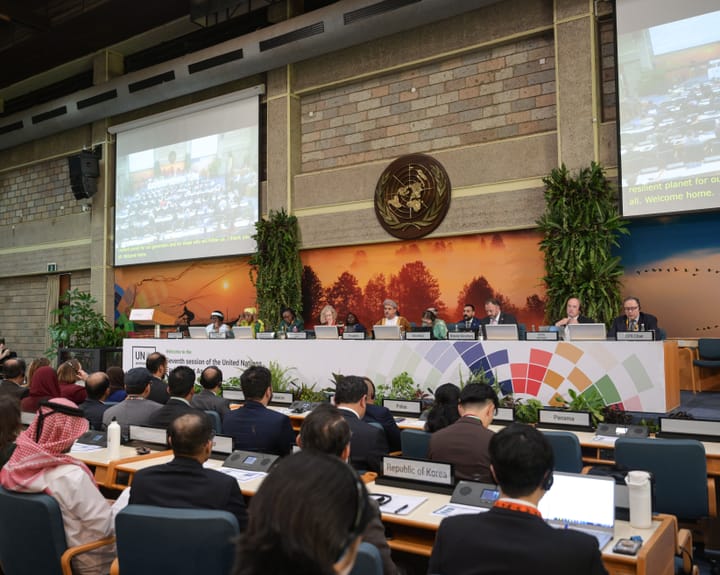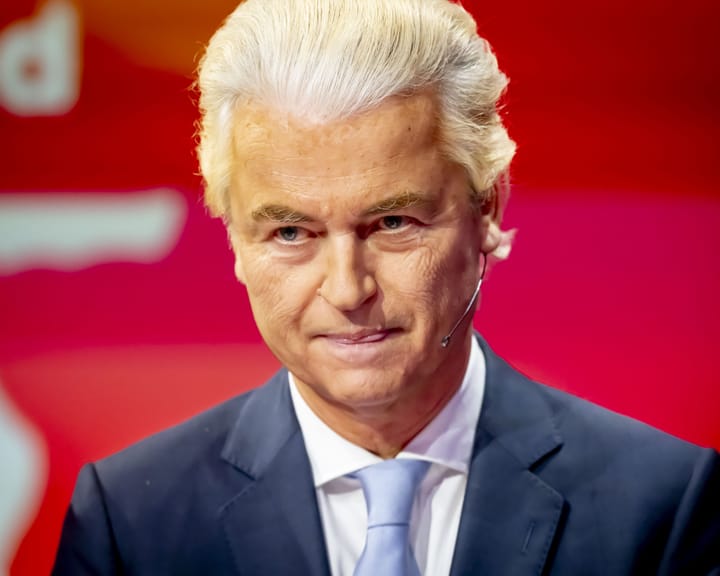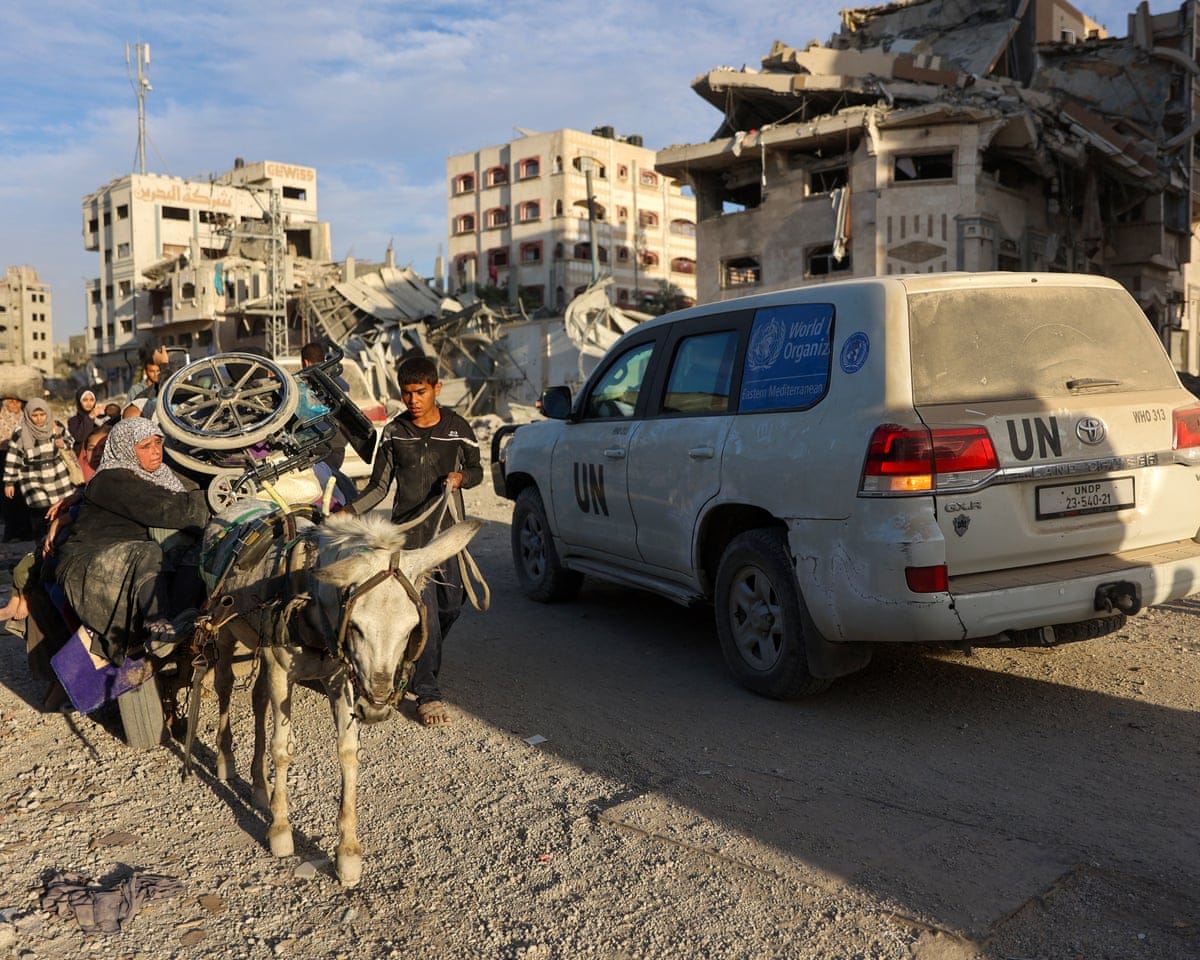The United Nations and its affiliated bodies have long faced financial challenges. Now, this persistent issue has escalated into a pressing concern under the policies of Donald Trump. As the largest provider of funds, contributing 22% of the core UN budget, the U.S. holds significant influence. Earlier this year, the White House initiated a review of its involvement in global institutions, agreements, and treaties, including the UN, with potential reductions or even withdrawal under consideration. A decision is expected soon.
The dismantling of the U.S. Agency for International Development, along with the termination of numerous aid initiatives, has severely affected humanitarian efforts supported by the UN, which depend on voluntary contributions. Beyond immediate cuts, these actions signal a broader risk to international cooperation and the weakening of established global frameworks. The principle of shared responsibility for peace and security, central to the UN since its founding, faces unprecedented uncertainty.
The situation is critical, and the U.S. is not the only party at fault. Around 40 nations, including the U.S., have delayed their mandatory contributions, while voluntary donations have decreased. The UN’s foundational principles have been further eroded by the inability to stop Russia’s unlawful military actions in Ukraine, as well as recent confrontations involving the U.S. and Israel. Some countries, such as China and the UK, selectively disregard international laws. Conflicts persist, UN mediators are marginalized, and peacekeeping missions face skepticism. The Security Council is frequently stalled by vetoes, while the General Assembly lacks meaningful authority. By multiple assessments, the UN is faltering.
The consequences are grave. Should the UN collapse or become too weakened to function effectively, no alternative framework exists—only unchecked conflict, as seen in regions where aid groups are blocked and violence prevails. The UN has flaws, some of its own making, but its absence would leave the world more perilous, with greater instability, deprivation, and hardship for many.
Total U.S. withdrawal from the UN remains unlikely, though unpredictable under a leader who leans toward isolationism. However, the administration’s opposition is clear. A recent budget proposal suggested slashing international expenditures by 83.7%, including an 87% decrease—both mandatory and voluntary—toward the UN. One analyst pointed out that U.S. funding for the UN in 2023 was a fraction of military spending, comparable to national spending on consumer goods.
Read next

Africa's Warning on Solar Geoengineering Risks Gains Editorial Backing
It is appropriate that this week’s United Nations environmental discussions are happening in Nairobi, as Africa plays a central role in shaping global climate dialogue. Diplomats from the continent are addressing the complex issue of whether attempting to cool Earth by reducing sunlight exposure is a prudent approach. While

Might Narcolepsy Medication Revolutionize the World?
Breakthroughs in Sleep Science Reveal Surprising Insights
During a conversation with a pharmaceutical researcher, I learned of significant progress in sleep medications. One promising development targets narcolepsy, though its method could also address broader sleep issues like insomnia, much like how certain unexpected innovations find wider applications — akin to adhesive

"Far right still dominant in Netherlands despite Wilders' government setback"
Dutch Voters Head to the Polls Amid Political Instability
On Wednesday, Dutch citizens will cast their votes once again, marking the ninth election for the Tweede Kamer—the legislative chamber of the Netherlands’ parliament—in this still young century. In some respects, the country has come to resemble Italy in

